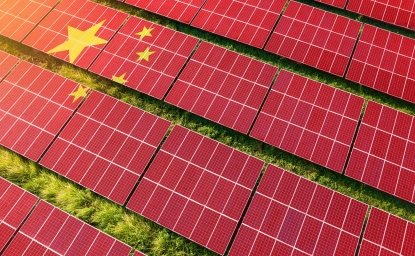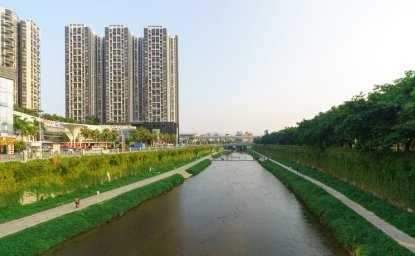InsightOut Issue 4- Waste Power: Can Wastewater Revolutionize Pollution Control and Clean Energy in Cities?

Sewage—refuse liquids or waste matter usually carried off by sewers—is at the front lines of a global movement for clean energy. Innovative U.S. cities are digging into their dirtiest depths to create new sources of power that optimize economic benefits, generate clean energy, and control pollution. This wastewater-to-power movement is just beginning to catch on in China. But with some of the largest and most densely populated cities in the world, the country could be poised to lead a sludge-to-energy revolution.
In the fourth issue of the Wilson Center’s China Environment Forum’s InsightOut series, six experts from the United States and China explore the potential of sludge power in Chinese cities and offer recommendations based on their experiences. The authors of “Waste Power: Can Wastewater-to-Energy Revolutionize Pollution Control and Clean Energy in Chinese Cities?” argue that these solutions have the greatest potential for energy and pollution mitigation.
- Lijin Zhong is a senior associate at the World Resources Institute's China office.
- Xiaotian Fu is an associate of the World Resource Institute's China Water Program.
- Bill Edmonds is the Director of Environmental Management and Sustainability at NW Natural.
- Hongtao Peng is the General Manager of the R&D Center at China Water Environmental Group Ltd.
- David Duest is the Director of Wastewater Treatment at the Massachusetts Water Resources Authority.
- Christine deBarbadillo is the Director of Clean Water and Technology at Blue Plains, DC.
- Li Yitong is the manager and senior consultant for the Wenzhou Newford Research Institute of Advanced Technology.
Managing Editor, Jillian Du.

China Environment Forum
China’s global footprint isn’t just an economic one, it’s an environmental one. From BRI investments in Africa and Asia to its growing presence in Latin America, understanding China’s motivations, who stands to gain - and who stands to lose - is critical to informing smart US foreign policy. Read more

Explore More
Browse Insights & Analysis
China’s Role in Financing the Energy Transition in the Global South




